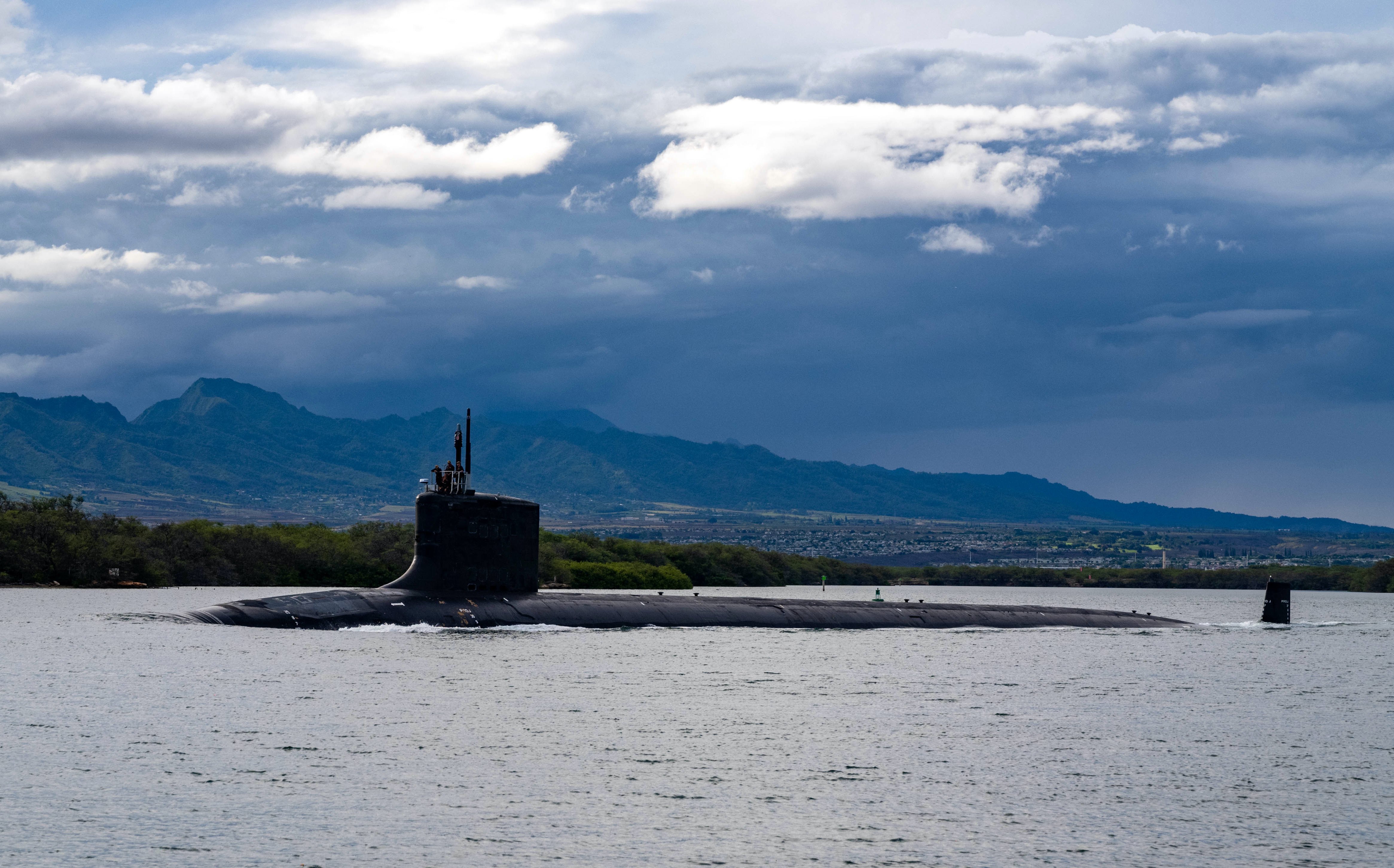The following is the Feb. 21, 2018 Congressional Research Service Report.
From the Report:
The multilateral nuclear accord (Joint Comprehensive Plan of Action, or JCPOA) provides Iran broad relief from U.S., U.N., and multilateral sanctions on Iran’s civilian economic sectors, including U.S. secondary sanctions (sanctions on foreign firms that do business with Iran). On January 16, 2016, upon the International Atomic Energy Agency (IAEA) certification that Iran had complied with the stipulated nuclear dismantlement commitments, U.S. Administration waivers of relevant sanctions laws took effect, relevant executive orders (E.O.s) were revoked, and corresponding U.N. and EU sanctions were lifted.
Under U.N. Security Council Resolution 2231, nonbinding U.N. restrictions on Iran’s development of nuclear-capable ballistic missiles and a binding ban on its importation or exportation of arms remain in place for several years. Iran was able to develop its nuclear and missile programs and to assist pro-Iranian regional groups and governments even when strict sanctions were in place. Also remaining in place is a general ban on U.S. trade with and investment in Iran, including regulations barring transactions between U.S. and Iranian banks, and U.S. sanctions imposed because of Iran’s support for terrorism, its human rights abuses, its interference in specified countries in the region, and its missile and advanced conventional weapons programs, as well as sanctions on the Islamic Revolutionary Guard Corps (IRGC) and designated commanders, subunits, and affiliates. Some additional sanctions on these entities and activities were made mandatory by the Countering America’s Adversaries Through Sanctions Act (CAATSA, P.L. 115-44), which also increases sanctions on Russia and North Korea.





